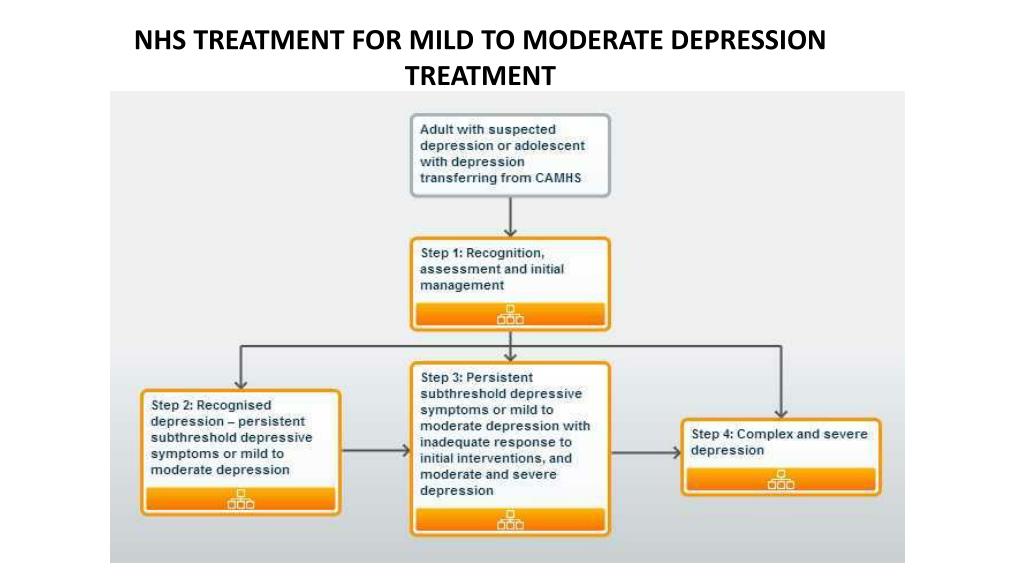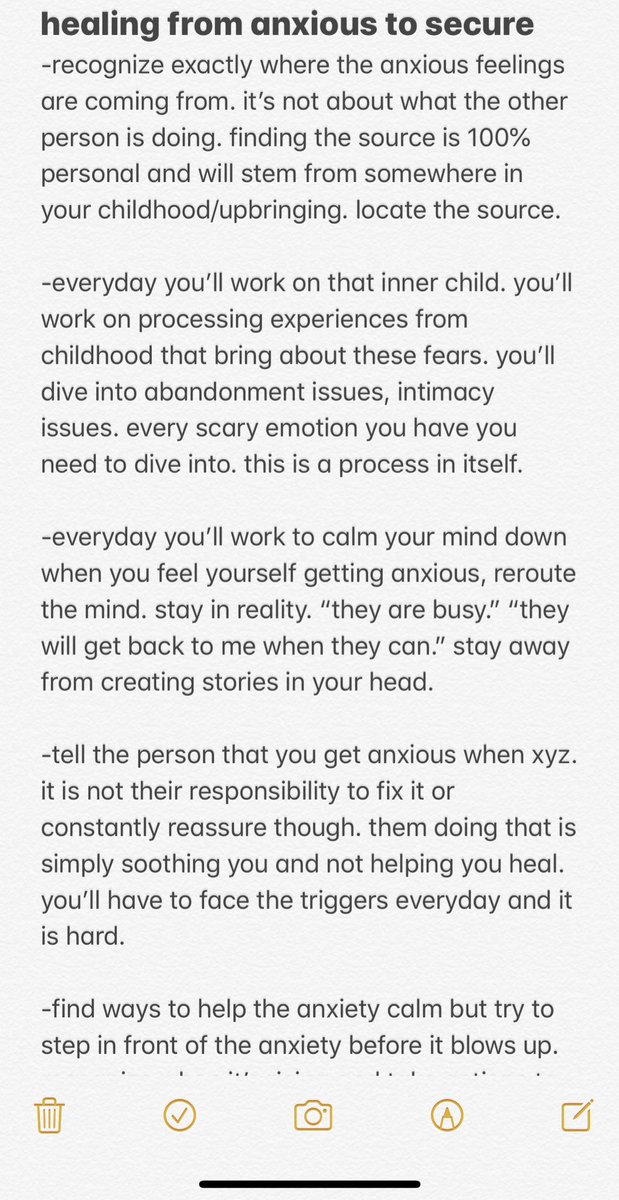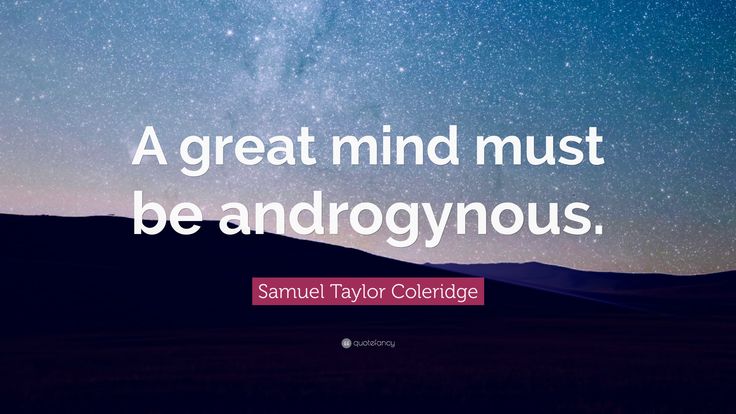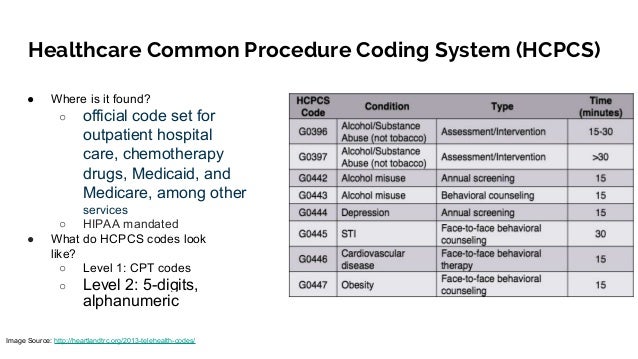How to find meaning in your life
Are You Feeling Lost? Here’s How To Find Your Meaning In Life
Back to Blog
July 25, 2022 - 8 min read
Share this article
Jump to section
How to find meaning in life
How can finding your purpose help you accomplish your goals?
What you should know before searching for meaning
Moving forward
When you’re about to graduate high school, you’re tasked with finding how you’re going to live the rest of your life. It’s a daunting subject to consider at a young age.
Career questionnaires help pinpoint jobs that might provide you with success and happiness. You may look to others and think about how they’ve found meaning in life.
The world is enormous. Finding a sense of purpose can seem like finding a needle in a haystack. You may wonder about your purpose at a young age, and throughout your life.
Take a deep breath. Avoid being overwhelmed by breaking it down into smaller categories. Here’s what finding your life purpose means and how you can achieve it.
How to find meaning in life
Starting can be tricky because this isn’t a journey that has step-by-step directions. There’s no simple way to make your life feel like it has meaning. Plus, everyone has a different definition of success. You crave a sense of purpose, a happy life, and something worth living for — but what does that look like for you?
To begin, here are 12 tips to get you on pace to find a sense of meaning in your life:
- Learn all that you can about happiness
- Let your talents lead you to new opportunities
- Make connections with people with whom you share interests
- Set goals that are challenging but clear
- Follow your internal compass when making decisions
- Help others when you can
- Listen to inspirational podcasts for energy and motivation
- Commit to something you’ve always wanted to do
- Practice self-care along your journey
- Change up your routine and try new activities
- Take breaks and make sure your physical well-being and mental health are looked after
- Consider if something is missing in your environment
How can finding your purpose help you accomplish your goals?
People often think that finding meaning in life is synonymous with finding happiness. They aren’t wrong, but there’s more to it than being happy and carefree; purpose helps you accomplish your goals.
They aren’t wrong, but there’s more to it than being happy and carefree; purpose helps you accomplish your goals.
Finding a sense of meaning makes you examine your own life and how it feels for you at the moment. What do you want to do with your life? How interactive do you want to be with all that the world offers?
To live a meaningful life, you need a plan. Your goals require plans, too. Understanding yourself as a whole person can lead to accomplishing big goals. With greater self-awareness, you can establish your strengths and play to them.
One day you could set a goal to learn something at your new pottery class because it might introduce you to a new passion. You could accomplish that goal the following week because of your concentration and hard work. Keeping this mentality will benefit many areas of your life.
Without a driving purpose, it’s easier to abandon goals and set plans aside. Don’t feel like this is a solo task.
Support with goals makes a big difference.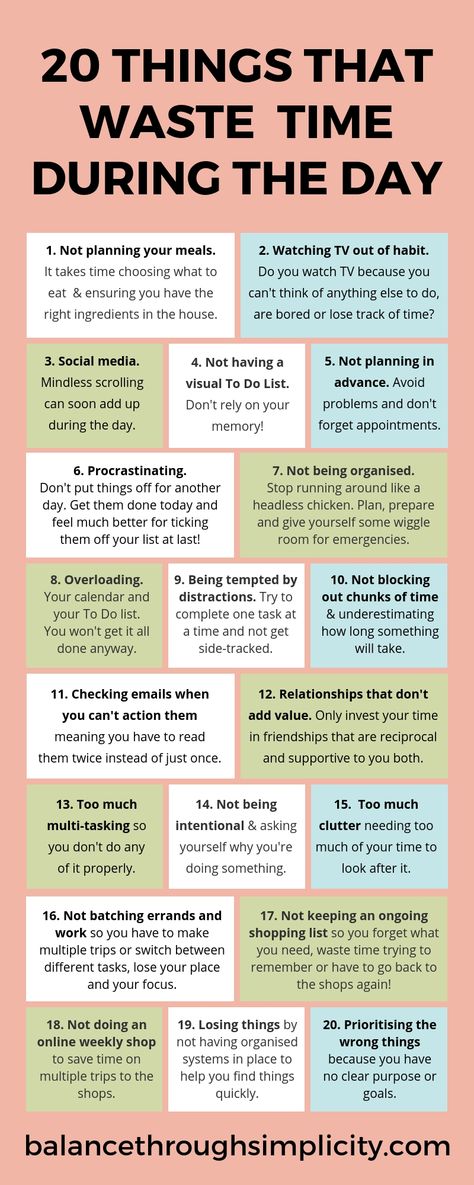 A BetterUp coach can provide support while developing the skills you need to achieve whatever’s on your to-do list.
A BetterUp coach can provide support while developing the skills you need to achieve whatever’s on your to-do list.
What you should know before searching for meaning
Get comfortable with your core values and beliefs. This way, you’ll stay true to yourself as you seek life satisfaction. Your core values guide you through life, dictating your behavior and characteristics. When your values and beliefs don’t align, you’re more likely to feel disconnected and lost.
Remember, you aren’t trying to find someone else’s meaning; you’re trying to find what enriches your own professional and personal life.
If you’re struggling to identify your values and beliefs, here’s a quick list of areas where you can try to find your personal north star:
- Family relationships
- Romantic relationships
- Hobbies and leisure activities
- Career development
- Religious communities
- Personal growth
After you’ve found your values, assign them each a rating.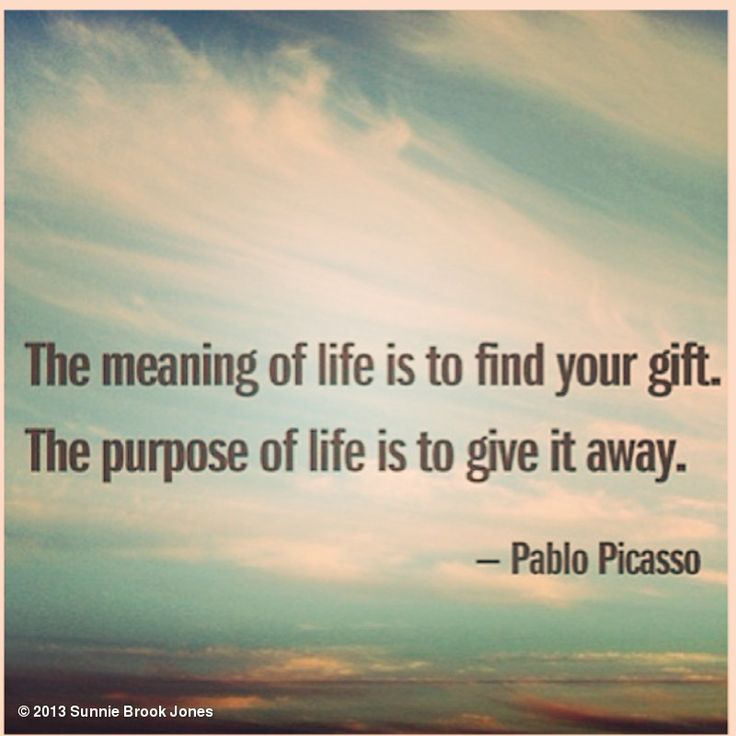 Some values may be closer to your heart and more personally meaningful than others. Giving them a rating helps you see where you want to spend the most time and energy each day.
Some values may be closer to your heart and more personally meaningful than others. Giving them a rating helps you see where you want to spend the most time and energy each day.
Moving forward
The meaning of life isn’t going to come to you overnight. It can sometimes take years of searching. Every day, you could ask, “Who am I?” and still not know.
Expect to experience ups and downs. One day you’ll feel like you’re so close to finding purpose, and others, it’ll feel impossibly out of reach. Be patient and kind to yourself along the way.
Above all, remember that you have one life to live. A BetterUp mentor will work with you on your individualized plan to never forget that you can find the purpose of your life with the proper mindset and strategies.
Published July 25, 2022
Content Marketing Manager, ACC
Read Next
Professional Development
17 min read | April 9, 2021
The importance of being an ethical leader and how to become one
What is the make or break factor of organizational success? Learn the importance of being an ethical leader and how you can become one.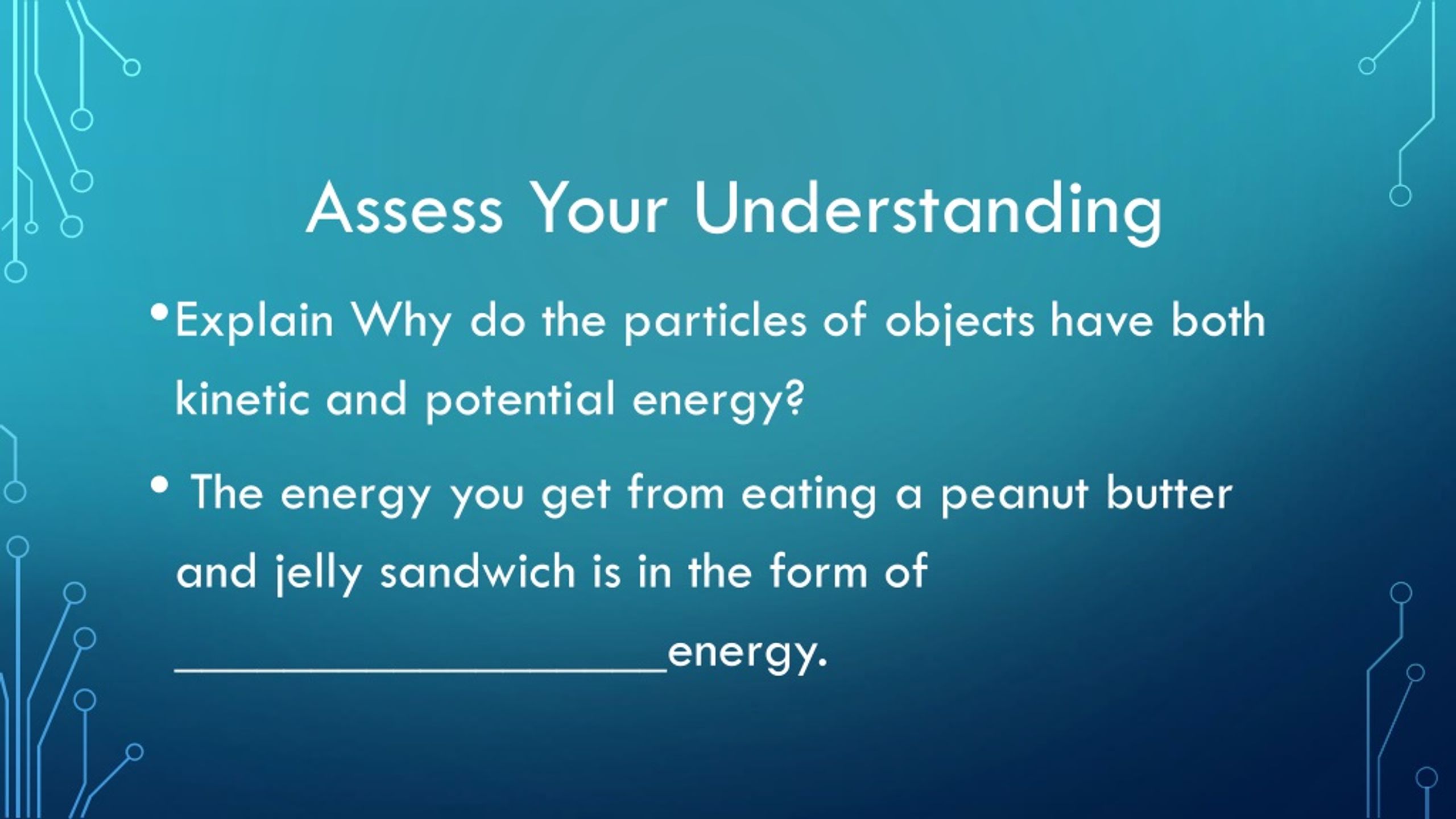 Read More
Read More
Professional Development
16 min read | August 17, 2021
Discovering your true north makes life easier: Here's why
What does it mean to find your true north? Learn how to use your internal compass to guide you successfully through life and become an authentic leader. Read More
Professional Development
17 min read | August 26, 2021
Talent development is your secret weapon. Here's why
Talent development programs can help your business overcome challenges and prepare for the future. Learn why they matter and how you can start one today. Read More
Professional Development
17 min read | December 22, 2021
Lateral moves: 4 signs you're ready to go sideways
Ready to make a lateral move? Find out everything you need to know about what lateral moves can mean for your career. Read More
Read More
Professional Development
12 min read | March 4, 2022
Ready to be the boss? 10 steps to become a manager
Becoming a manager is tough. But once you do, the work can be gratifying. Here are 10 tips on how to land that leadership role. Read More
Professional Development
13 min read | March 23, 2022
So you want to be your own boss? Here's how to do it right
Discover what it takes to be your own boss. Learn about the ups and downs and how you can make it happen so that you control your success. Read More
Professional Development
9 min read | March 18, 2022
Effective communication feedback: 3 tips fuse the old with the new
Learn more about effective strategies to improve communication throughout your company, as informed by scientific study and honed company culture. Read More
Read More
Professional Development
10 min read | March 25, 2022
Are you receptive to feedback? Follow this step-by-step guide
Feedback doesn't have to be daunting. Learn how you can become more receptive to feedback with these 5 easy steps. Read More
Professional Development
14 min read | August 19, 2022
Refine your approach with these 7 leadership theories
Is leadership an art or a science? Depends on who you ask. Delve into the nuances of inspiring others with these 7 leadership theories. Read More
Stay connected with BetterUp
Get our newsletter, event invites, plus product insights and research.
Three Simple Ways to Find the Meaning of Life
How to Build a Life
You can make your quest for meaning manageable by breaking it down into three bite-size dimensions.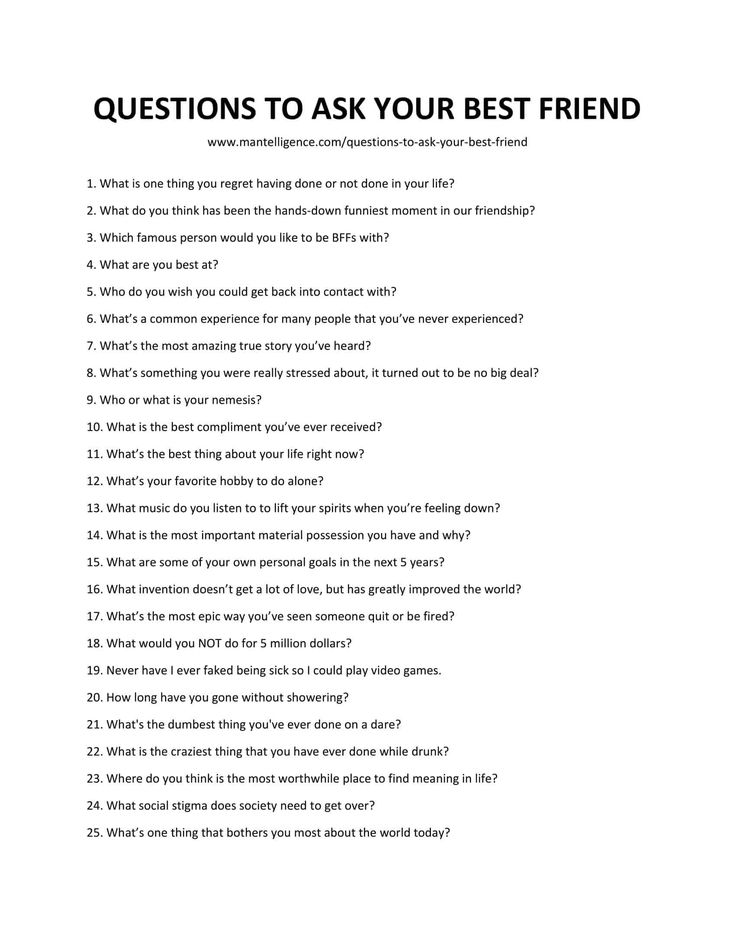
“How to Build a Life” is a weekly column by Arthur Brooks, tackling questions of meaning and happiness. Click here to listen to his new podcast series on all things happiness, How to Build a Happy Life.
Want to live in a directed, resolute way? To always know why you’re doing what you’re doing? There’s a simple way to make your dreams come true: Go find the meaning of life!
People who believe that they know their life’s meaning enjoy greater well-being than those who don’t. One 2019 study found that agreeing with the statement “I have a philosophy of life that helps me understand who I am” was associated with fewer symptoms of depression and higher positive affect.
Lucky you if you were born already knowing what the meaning of your life is. For the rest of us, the search can be difficult and frustrating.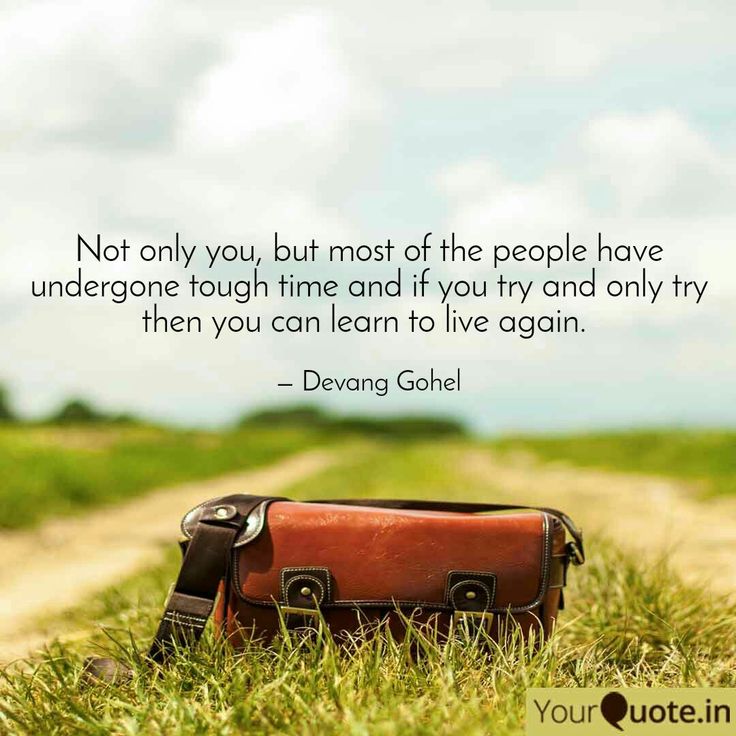 Philosophy is often unhelpful, offering abstract ideas such as Aristotle’s human function or Kant’s “highest good” that are hard to comprehend, let alone put into action.
Philosophy is often unhelpful, offering abstract ideas such as Aristotle’s human function or Kant’s “highest good” that are hard to comprehend, let alone put into action.
Throwing up your hands and concluding that the question of the meaning of life is simply unanswerable—by you, at least—is the easy response. But you can make your quest for meaning manageable by breaking it down into three bite-size dimensions, and then considering each one in turn.
Want to stay current with Arthur's writing? Sign up to get an email every time a new column comes out.
Many psychologists call knowing your life’s meaning “presence,” and the drive to look for it “search.” They are not mutually exclusive: You might or might not search, whether you already have a sense of meaning or not. Some people low in presence don’t bother searching—they are “stuck.” Some are high in presence but keep searching—we can call them “seekers.”
Presence is highly correlated with well-being, but search seems to have no bearing on it—and pondering your meaning in life too much could even lead you to dissatisfaction.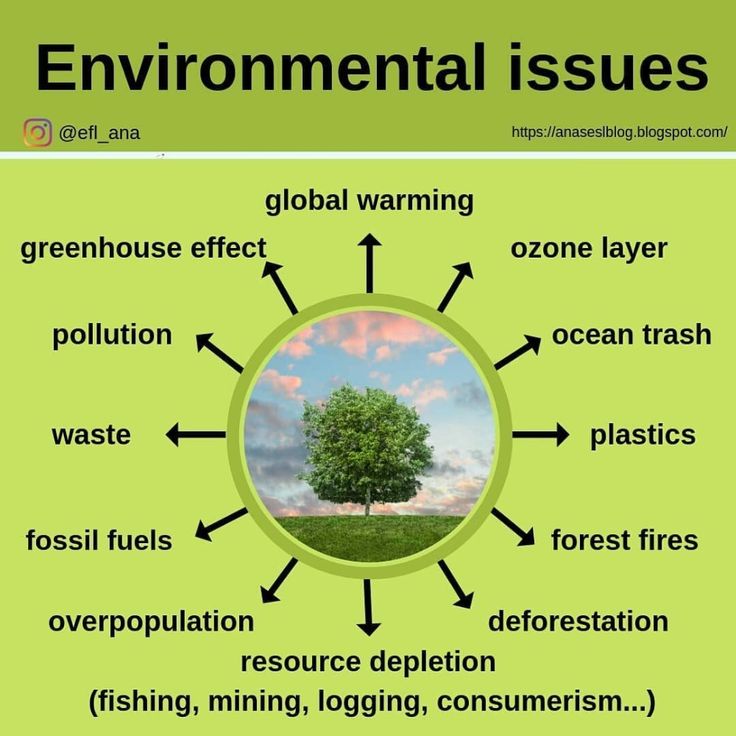 Consider how the paradox of choice leaves people unsatisfied when they’re given too many options in consumer items. Or in love, for that matter: A 2009 study in the journal
CyberPsychology & Behavior tells a whole story in its title: “More Options Lead to More Searching and Worse Choices in Finding Partners for Romantic Relationships Online.” Though no study I have seen has specifically examined the issue, we can guess that peripatetic meaning-seekers would suffer in a similar way.
Consider how the paradox of choice leaves people unsatisfied when they’re given too many options in consumer items. Or in love, for that matter: A 2009 study in the journal
CyberPsychology & Behavior tells a whole story in its title: “More Options Lead to More Searching and Worse Choices in Finding Partners for Romantic Relationships Online.” Though no study I have seen has specifically examined the issue, we can guess that peripatetic meaning-seekers would suffer in a similar way.
If you haven’t yet found a sense of meaning at all, how do you go about searching for it without searching too much? The answer is to take a sprawling philosophical question and make it manageable. You can do so most effectively—and without too much obsessing—by assessing your life along three dimensions, which the psychologists Frank Martela and Michael F. Steger defined in The Journal of Positive Psychology in 2016:
- Coherence: how events fit together.
 This is an understanding that things happen in your life for a reason. That doesn’t necessarily mean you can fit new developments into your narrative the moment they happen, but you usually are able to do so afterward, so you have faith that you eventually will.
This is an understanding that things happen in your life for a reason. That doesn’t necessarily mean you can fit new developments into your narrative the moment they happen, but you usually are able to do so afterward, so you have faith that you eventually will. - Purpose: the existence of goals and aims. This is the belief that you are alive in order to do something. Think of purpose as your personal mission statement, such as “the purpose of my life is to share the secrets to happiness” or “I am here to spread love abundantly.”
- Significance: life’s inherent value. This is the sense that your life matters. If you have high levels of significance, you’re confident that the world would be a tiny bit—or perhaps a lot—poorer if you didn’t exist.
You can think of these three dimensions as macronutrients: the elements that we need for a balanced and healthy sense of meaning in life. They might already be part of your spiritual diet. For example, Christians believe that life is significant because God loves us; that our purpose is to love and serve God and other people; and that God has a coherent plan for our lives, whether it is clear to us or not.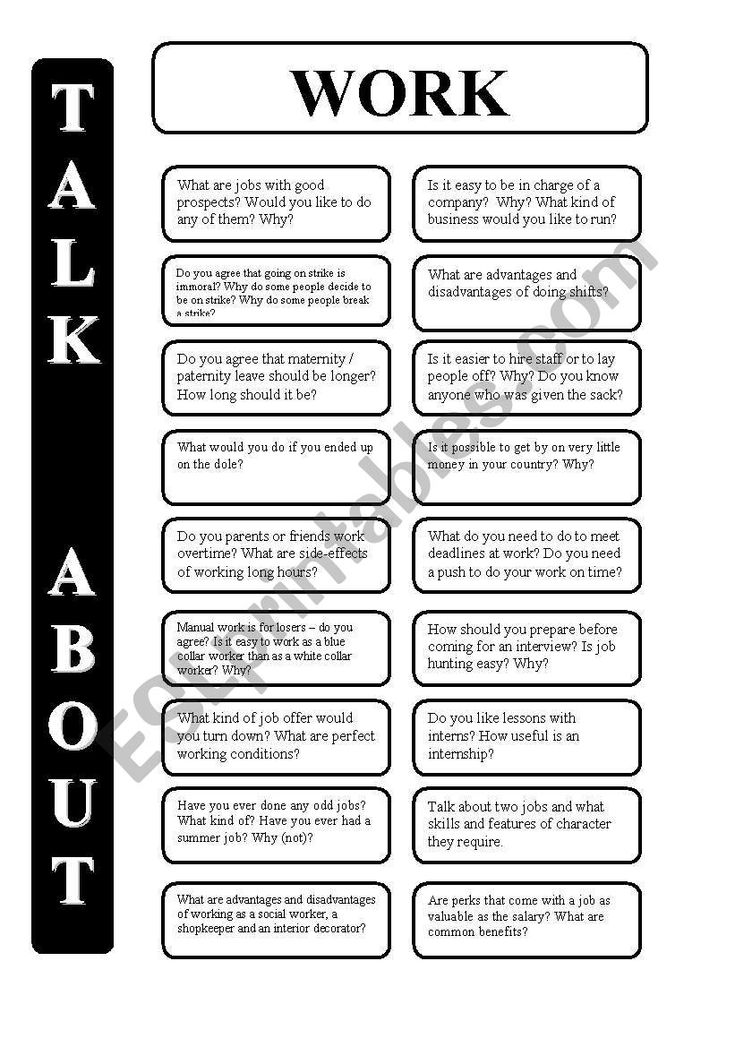
Listen as Arthur C. Brooks and Lori Gottlieb explore the key components of happiness—pleasure, joy, and satisfaction in How to Build a Happy Life.
Listen and subscribe: Apple Podcasts | Spotify | Stitcher | Google | Pocket Casts
Balancing your macronutrients doesn’t require traditional religion—many secular and even atheist philosophies offer a way to cultivate them as well, focusing on ethical and moral behavior.
To begin the process of discovering the meaning in your life—or to adjust a search that’s gone slightly off course—I recommend following three steps.
1. Check your diet.
If you told me you had just changed your eating habits and weren’t feeling well, I would ask about your macronutrient profile: whether you are consuming enough fats, protein, and carbohydrates—and in the right balance. Similarly, a sense that your life lacks meaning should provoke the question of whether you have a deficit in coherence, purpose, or significance.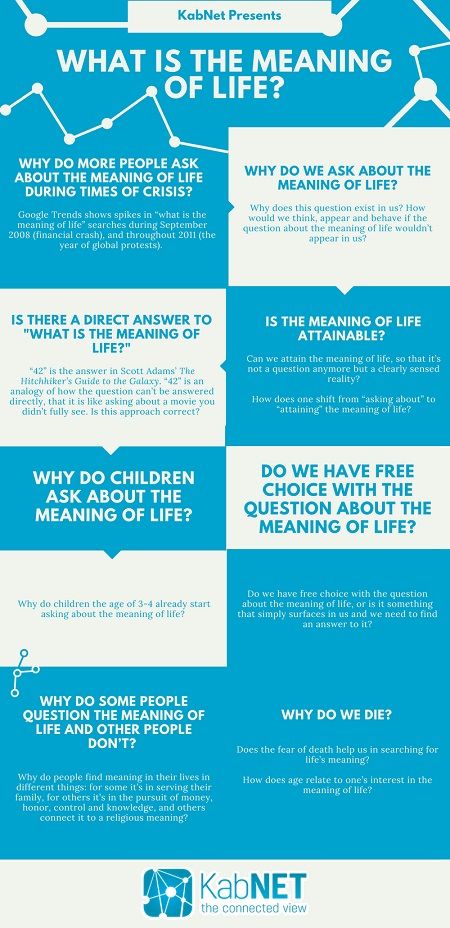 Ask yourself these questions:
Ask yourself these questions:
- Do you feel out of control—tossed about in life without rhyme or reason? If so, you need a better grasp on coherence.
- Do you lack big plans, dreams, or ideas for your future that excite you? This is a purpose issue.
- Do you feel like it wouldn’t matter if you disappeared, like the world would be no worse—or maybe better—if you did? This is a problem of significance.
2. Search in the forest.
If you find a deficit in a particular area of meaning, search for it in a productive way. Fortunately, you don’t have to figure out how to do it on your own—philosophical and religious traditions have been doing exactly that for millennia. One of the best organized strategies comes from Hinduism’s concept of the ashramas, or the four stages of a balanced life. The third is Vanaprastha—literally “retiring to the forest,” in Sanskrit—which ideally begins at about age 50 and entails stepping back from day-to-day demands to focus more on life’s deep meaning through reflection, meditation, and study. You can do a version of this at any stage of life by dedicating time each day to the search. For some, this means meditation or prayer. For others, it requires the study of texts or working with masters. It might even involve therapy. But you have to approach it as you would any other important goal—by doing the work.
You can do a version of this at any stage of life by dedicating time each day to the search. For some, this means meditation or prayer. For others, it requires the study of texts or working with masters. It might even involve therapy. But you have to approach it as you would any other important goal—by doing the work.
3. Make sure you don’t search too hard.
Your quest for meaning will be counterproductive if it hinders your happiness. To make sure you’re in the Goldilocks zone, you can take a survey that tells you your levels of presence and search, and compare your scores with others’ on the website of the University of Pennsylvania’s Authentic Happiness program. If you find that your presence is all right but you are a hyperactive seeker, this is a signal to enjoy the sources of meaning you already have, as opposed to constantly looking for new ones. In this situation, I sometimes offer what I call the “Dorothy Strategy,” based on Dorothy’s famous line from The Wizard of Oz: “If I ever go looking for my heart’s desire again, I won’t look any further than my own backyard; because if it isn’t there, I never really lost it to begin with. ” If you feel lost in your search for meaning, cut yourself some slack and go back to the basics.
” If you feel lost in your search for meaning, cut yourself some slack and go back to the basics.
All of this advice relies on one very strong assumption—that life actually has meaning. Not everyone agrees with this. Some have built entire schools of thought on the assumption that life is inherently meaningless, and that we can be truly free only when we embrace this truth. “If we believe in nothing, if nothing has any meaning and if we can affirm no values whatsoever,” the philosopher Albert Camus wrote in The Rebel, “then everything is possible and nothing has any importance.”
Each of us has to decide whether we believe this is true. I cannot say for certain; it is, as we say in my business, an “untestable hypothesis.” The paradox of the untestable hypothesis is that even if we seek, we can never be sure that we have found what is real and true. But one thing is certain: We will not find anything unless we look.
Where to look for the meaning of life if you have lost it, and whether it is necessary to do it
December 29, 2021 Life
Everyone can live with dignity and joy. The main thing is to understand what you like.
The main thing is to understand what you like.
It's hard to believe that you can exist just like that. To appear in this world is necessary for something. And preferably for something grandiose. And if the years go by, and the destination is vague, the meaning of life can be lost. Or not? We deal with psychologists.
What is the meaning of life and does it exist at all
According to psychotherapist Gleb Bagryantsev, in psychotherapy there is no term “meaning of life” as such. However, experts have researched and continue to research the phenomenon itself.
Some believe that a person needs to constantly determine his own path. Then the destination becomes a support and makes life more comfortable. From another point of view, the search for meaning is the main motivator of existence, and not a concomitant process.
Gleb Bagryantsev
Psychotherapist.
I do Dialectical Behavioral Therapy. And the concept closest to the meaning of life in it is values.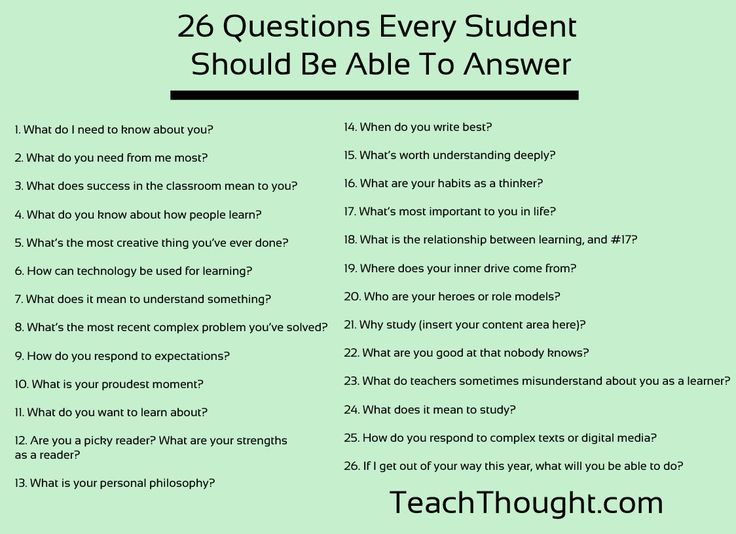 This is a certain state and self-image that a person strives to maintain for a certain period of time, often even for a lifetime. Everyone has different values: to be rich, competent, recognized, to have friends.
This is a certain state and self-image that a person strives to maintain for a certain period of time, often even for a lifetime. Everyone has different values: to be rich, competent, recognized, to have friends.
Psychologist Andrei Smirnov notes that the meaning of life can be either self-chosen or imposed. In Soviet times, propaganda suggested that one must work conscientiously in the name of the ideas of communism. Japanese soldiers were told that their destiny was to die for the emperor. Some philosophers of antiquity believed that the meaning of life is in pleasures and pleasures. There are plenty to choose from. nine0003
Andrey Smirnov
Master of Psychology, practical psychologist.
Even the imposed meaning of life could make a person happy, free him from doubts and painful searches, relieve him of the fear of death. But not always. Often, if the destination is imposed, expectations are deceived. The person becomes disillusioned and experiences the deepest existential crisis.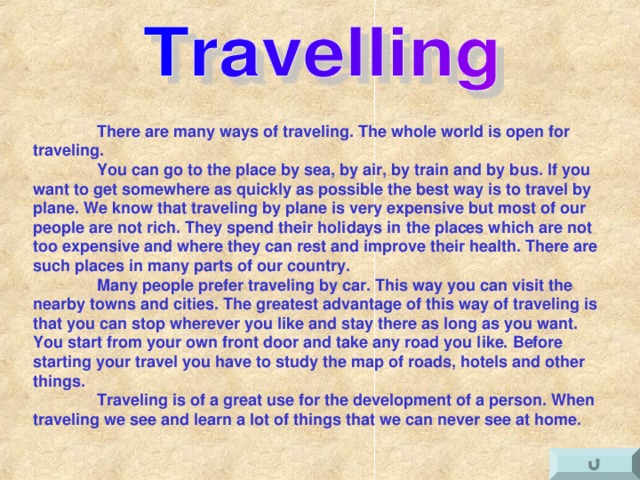
And here, according to the psychologist, you need to realize that the meaning of life does not have to be something grandiose or generally accepted. It can be any hobby: drawing, music, breeding cats and much more. nine0003
Gleb Bagryantsev agrees with Andrey Smirnov. He thinks it's not worth worrying if your mission doesn't seem big enough. Moreover, when goals are too big and unrealistic, they can be demotivating.
Does life necessarily need a meaning
A total misunderstanding of why you live can poison your existence.
Maria Eril
Psychologist, psychotherapist, head of the "Psychology of Communication" department of Business Speech.
Working in therapy, I often encounter people in crisis. They say they do not understand why they do not feel the joy and meaning of life when they have a good job and a prosperous family. They are still missing something.
Without meaning, a person does not feel the fullness of life. Let's remember Maslow's pyramid, the top of which is self-realization. Self-realization and the meaning of life are close concepts. We all ask ourselves questions: “What am I living for? What will be left after me? How do I change this world? nine0003
Self-realization and the meaning of life are close concepts. We all ask ourselves questions: “What am I living for? What will be left after me? How do I change this world? nine0003
The answer to them and the meaning of a particular life, according to Eril, can only be the result of a person's personal search. Your choice is unlikely to suit your neighbor. Moreover, its purpose may conflict with yours.
But artificially constructing meaning is not worth it. Much depends on whether you suffer from its absence and why you decided that you had no purpose in the first place.
Gleb Bagryantsev
Psychotherapist.
Is it worth looking for the meaning of life? To do this, you need to honestly answer the question: do you consider yourself a happy person or not? When there is not enough happiness in life, you need to analyze whether what you are doing is in line with your values. nine0003
If the current one seems pointless, you need to understand that you always have room for change. If you analyze daily activities, you can identify what is amenable to change.
If you analyze daily activities, you can identify what is amenable to change.
The task of each of us is not to find an absolute truth or a universal answer. The main thing is to hear yourself, realize your values and, relying on them, create your own meaning.
How to find the meaning of life
If you suddenly feel that you are lost and cannot decide where to go next, psychologist Oleg Ivanov advises you to do the following. nine0003
Write down all your experiences on paper
This way you can understand what exactly is bothering you. For example, the unstable financial situation, difficulties in relationships with a partner or relatives are disturbing. You will understand which area of life needs more attention.
Try to "feel" your priorities
Determine the most important points for your current state and focus on them.
Oleg Ivanov
Psychologist, conflictologist, head of the Center for Settlement of Social Conflicts. nine0003
nine0003
Start small, don't try to move mountains all at once. Achieve small goals every day. It doesn't matter what you do - record the result and specific steps.
Try to understand what activities bring you pleasure.
Also, where you yourself can be useful. Many people find themselves precisely when they help someone else. Even a small participation in the lives of others, volunteering give an incentive for self-development.
Look around
Perhaps there are toxic people around you, communication with which creates a feeling of a lack of meaning in life. They can lower your self-esteem, impose their opinion, sow doubts. Try to avoid such people, communicate with those who are ready to support you.
Consult a psychologist
If you feel that you can't cope and can't get rid of the feeling of spiritual emptiness, don't be afraid to consult a specialist. Asking for help if something breaks inside you is normal. nine0003
Read also 🧐
- 13 ways to make life rich and colorful
- 4 things that are more important than happiness
- How a ham sandwich will help you find the meaning of life
Blog
02/21/2020
For a modern person, the search for the meaning of life is becoming more and more urgent: after all, every year the world becomes more complicated, and it becomes more and more difficult to hear one's own desires, goals and meanings.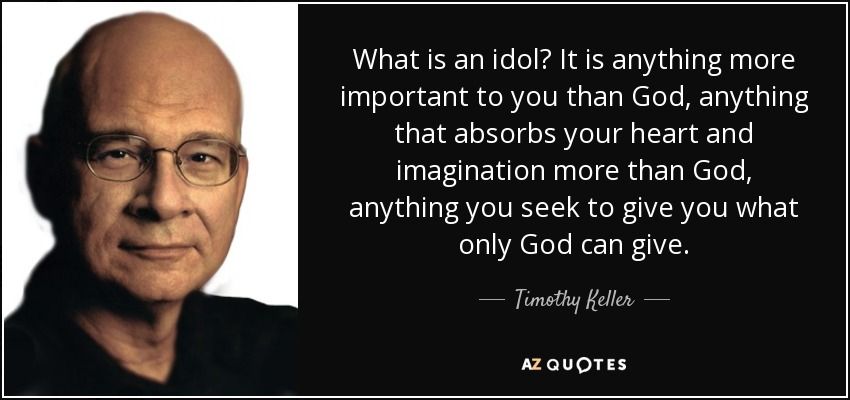 The fact is that every day we are faced with a huge information flow. Don't believe? Look at the number of your social media subscriptions: dozens of communities post hundreds of news every day, and this is just one channel for getting information. nine0003
The fact is that every day we are faced with a huge information flow. Don't believe? Look at the number of your social media subscriptions: dozens of communities post hundreds of news every day, and this is just one channel for getting information. nine0003
How to learn to hear yourself in the current realities?
What is the meaning
Meaning is derived from "with thought". That is, to live “with a thought” means to comprehend oneself, one’s relationships with other people, one’s activities, and not live automatically, like a robot, because “everyone lives like that”. Perhaps living “like everyone else” just doesn’t suit you?
What do we mean by awareness? Living consciously means analyzing yourself, setting goals and striving to achieve them, as far as possible without being distracted by momentary pleasures. nine0003
The feeling of meaningfulness of one’s life also largely depends on the person’s belonging to a small (family, work team, friends) and a large social group (religious commune, nationality), involvement in some important cause or goal.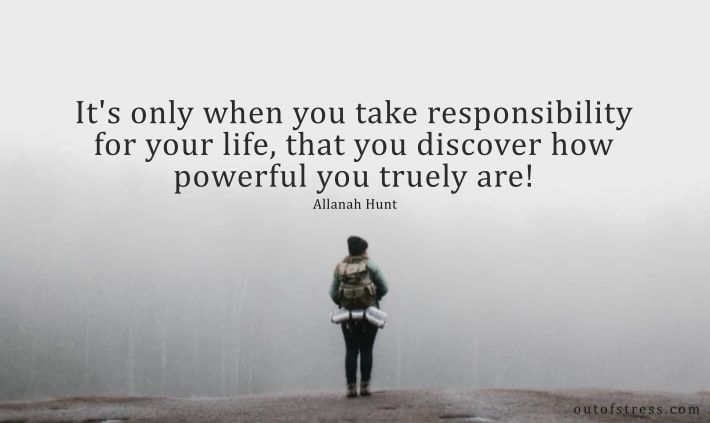 A person begins to receive satisfaction from life, as he becomes part of the family, the work team and feels his need: he has certain tasks, duties, duty (which does not burden him, but, on the contrary, enriches him). nine0003
A person begins to receive satisfaction from life, as he becomes part of the family, the work team and feels his need: he has certain tasks, duties, duty (which does not burden him, but, on the contrary, enriches him). nine0003
Tips for finding meaning
Here are some general guidelines that you can follow to give your life new meanings:
1. Vera
It is important enough for a person in this life to believe in something, to hope for something. It may be a religious belief, it may be a belief in some idea, or it may be a general belief in science, art, or just human kindness.
One of the outstanding psychologists of the 20th century and the founder of logotherapy (treatment with meaning), Viktor Frankl, while in a concentration camp, noticed that people who have a rich inner world, including religious people, had a higher percentage of survival: it happens to him as a test or punishment for a sinful life, which gives meaning to his suffering and allows him to survive with dignity the situation in which he finds himself” (“Say yes to life!”, V. Frankl). nine0003
Frankl). nine0003
2. Targets
Meaningful and elaborated goals endow life with meaning and give it a vector, a direction for activity. There are several main categories * in the planes of which people usually set goals for themselves:
-
To have (goals of a material nature: things, a car, real estate, etc.).
-
Know (everything that relates to education: courses, advanced training, diplomas, Ph.D. thesis, etc.). nine0003
-
Relate (what kind of relationship do I want with my husband / wife, with work colleagues, etc.).
-
Be (who do I want to be in this life? An architect, businessman, mother / father, philanthropist, etc.).
-
Take action (there may be some specific goals regarding professional growth or personal development. For example: complete the sales plan for the quarter, or lose 7 kg of weight by June, etc.). nine0003
* Based on the materials of the book "Neuroprogramming of a Successful Destiny", Kovalev S.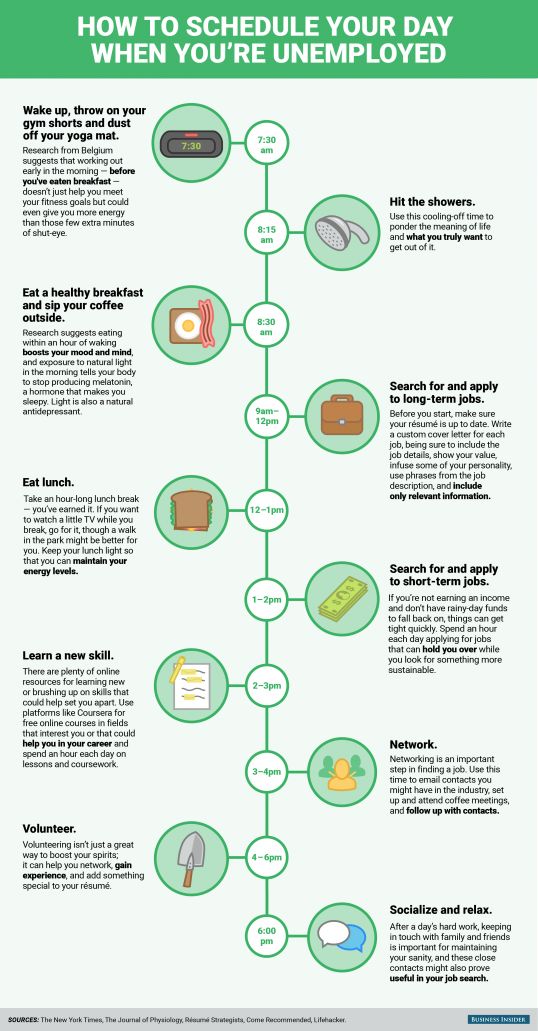
3. Business of life
It is important to find the activity that best aligns with your values, desires and aspirations. If you have not yet found such a thing for yourself, do not despair and continue to search and try. And it's best to stick to Theodore Roosevelt's rule in life: "Do what you can, with what you have, where you are!" nine0003
4. Altruism
Any selfless help to those in need. It may be some kind of volunteer activity in the framework of social assistance to the poor. It could be charity for the poor. Donations of clothing to orphanages, etc.
“In their critical situation, my patients relied on several kinds of meaning, both religious and secular, but nothing turned out to be more important than altruism” - “Existential Psychotherapy”, I. Yalom. nine0003
5. Hobby
Having an activity in your life that brings you pleasure, whether you get paid for it or not, also gives your life meaning and positive emotions. If there is no hobby in your life, be sure to get one for yourself.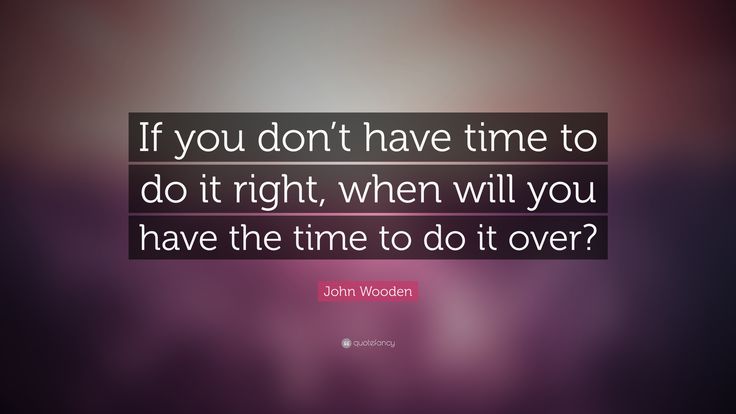 Try, be curious, do not lose the ability to wonder and surprise.
Try, be curious, do not lose the ability to wonder and surprise.
6. Reasonable hedonism
Sensual and bodily pleasures cannot be the meaning of life in themselves, but their absence significantly reduces the positive emotional background and overall satisfaction from life. Don't forget to treat yourself to delicious food, spending time with your loved one or family in nature. Go to the cinema, theaters and places that you like and charge with positive. nine0003
7. Individual development
Remember about your personal growth. Develop yourself as a professional in your field. Engage in self-development, overcome yourself and become better day by day. Self-development is quite an important point, but it is also important what kind of people you surround yourself with. Try to make sure that these are people who are interesting to you, who are interested in you, since a lot depends on the environment in which you are and develop. You influence the environment, but the environment also affects you.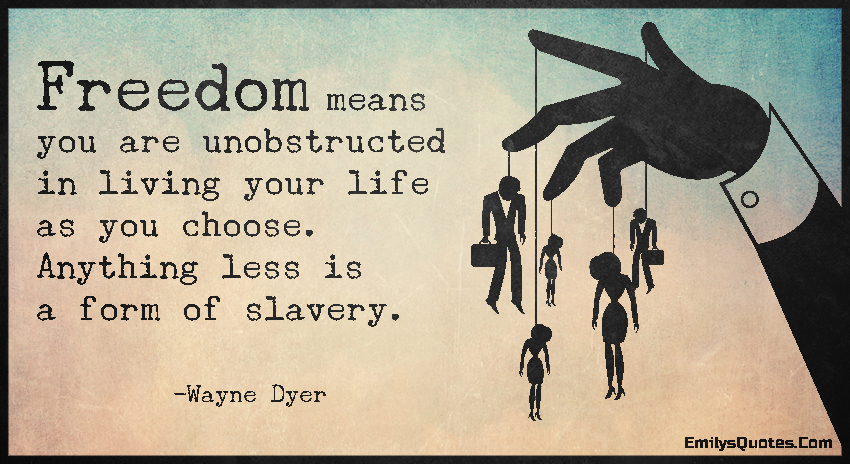 nine0003
nine0003
8. Health
This includes taking care of yourself. Health of the body, mind. Exercise, eat healthy food. Do not forget to pay attention to information hygiene: do not sit too long at a computer, gadget or TV. Try to turn off all devices at least 2 hours before bedtime and do a regular digital detox.
Conclusion
In conclusion, I would like to say that the greatest influence on the sense of meaning in our lives is exerted by high-quality positive relationships with people. A group of scientists led by psychiatrist Robert Waldinger conducted the famous Harvard 75-year study of 2 groups of people: poor families from Boston and Harvard graduates. Scientists have set themselves the task of exploring and identifying what actually makes a person happy? At the end of the study and questioning of the subjects, psychologists came to the conclusion that neither a career, nor houses, apartments, cars and money, nor social status and achievements, but good, good relationships with people make people happy.




